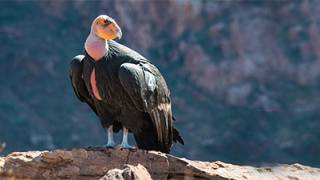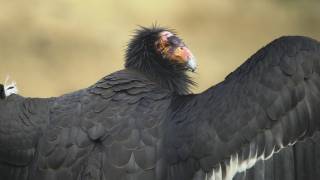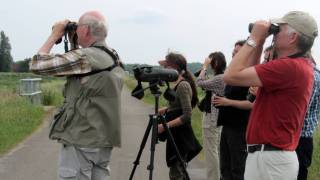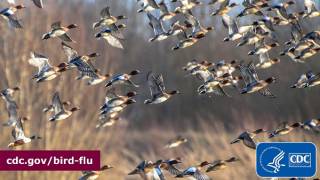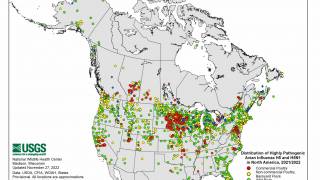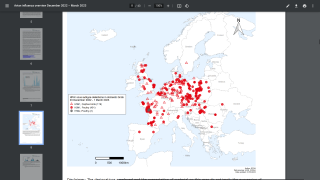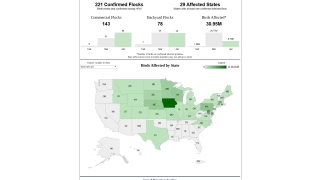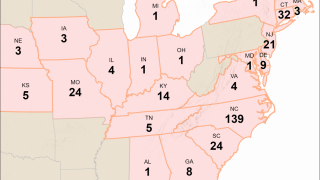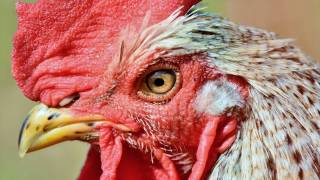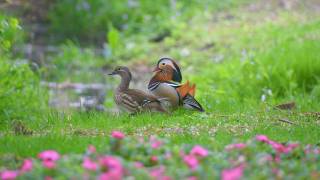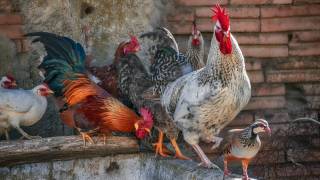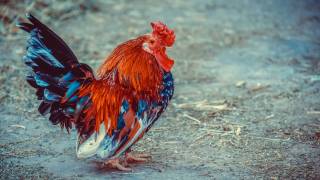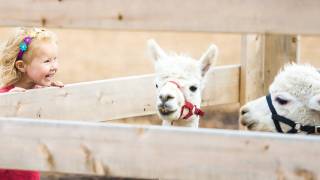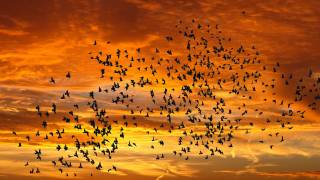Where Did This Bird Flu Outbreak Originate

A team of researchers has tracked the arrival and progression of H5N1 bird flu (Avian influenza) outbreaks in Canada, Mexico, and the United States.
Led by the University of Maryland (UMD) researchers, this team found an unusual change from seasonal highly pathogenic avian influenza (HAPI) to year-round infections and a far more significant impact on birds, mammals, and people.
"We've been dealing with low pathogenic avian influenza for decades in the poultry industry, but this is different," commented Jennifer Mullinax, assistant professor in the UMD Department of Environmental Science and Technology and a co-author of the study, in a press release on April 19, 2023.
"This high pathogenic virus is wiping out everything in numbers that we've never seen before," she added.
"This paper illustrates how unprecedented it is and describes what we think is coming."
"It's a call to arms saying we can't afford to address this from our silos."
"Federal agencies, state agencies, the agriculture sector, and wildlife management—we are all going to have to deal with this together because we can't afford not to."
Published in the journal Conservation Biology in 2022, this non-peer-reviewed study also indicates that H5N1 outbreaks could become endemic, posing ongoing risks to food security and the global economy.
The team's conclusions are based on analyzing five different data sources that provide information on the incidence of HAPI in birds and a global database from 2014 through early 2023.
The data show H5N1's progression as it spread from Eurasia to the U.S., where it was first documented in Canada in late 2021.
By October 2022, HAPI infections had resulted in 31 reported wild bird mass mortalities. In addition, more than 58 million domestic poultry were infected or had to be culled to limit the spread of infection in the U.S. and 7 million in Canada.
The current HAPI outbreak is different than previous bird flu reports.
In 2015, an outbreak of highly pathogenic H5N8 in the U.S. led to the culling of 50 million poultry birds. But H5N1 poses new challenges.
"Unlike H5N8, this disease is heavily impacting wild birds," said Johanna Harvey, a postdoctoral researcher at UMD and lead author of the study.
"It's difficult to estimate how many birds are truly affected across wild populations, but we're seeing dramatic disease impacts in raptors, sea birds, and colonial nesting birds."
Additionally, there have been numerous reports of bears, cats, dogs, foxes, and other mammal inflections and deaths in 2023.
The UMD data also reveal a shift from a seasonal to a year-round disease.
Previous outbreaks of avian influenza—whether low-pathogenic virus that is endemic in the U.S. or HAPI H5N8 in 2015, typically occurred in the fall, which meant farmers could prepare for seasonal outbreaks, cull flocks to halt the spread of disease and have nearly a full year to recover losses.
But this new HAPI appears sustained throughout the year.
The study confirmed declaring a disease endemic is a complicated process.
The authors suggest that the U.S. will likely follow patterns seen in Europe, where HAPI is being treated as an endemic disease rather than one that can be eradicated.
The research team recommends a management approach based on a method called Structured Decision-Making, which is similar to a human pandemic.
"Good decision science is what you do when you don't know what will happen next," said Mullinax, who teaches decision-making science.
"This is a novel virus for North American birds, so no one knows if their immune systems will adapt, how long that will take, or what that will look like."
The paper also outlines examples of potential triggers for action, identifying the relevant decision-makers required to coordinate a response and some of the challenges that may come up.
Finally, the researchers hope their work will bring key players to the table to consider the next steps.
The U.S. Government has already taken action to protect humans from the HAPI virus.
An avian influenza vaccine (Audenz™) was approved in 2020, and the government has awarded additional funding to develop newer bird flu vaccines.
Note: The U.S. CDC says annual flu shots are not designed to protect people from HAPI viruses.
Our Trust Standards: Medical Advisory Committee


